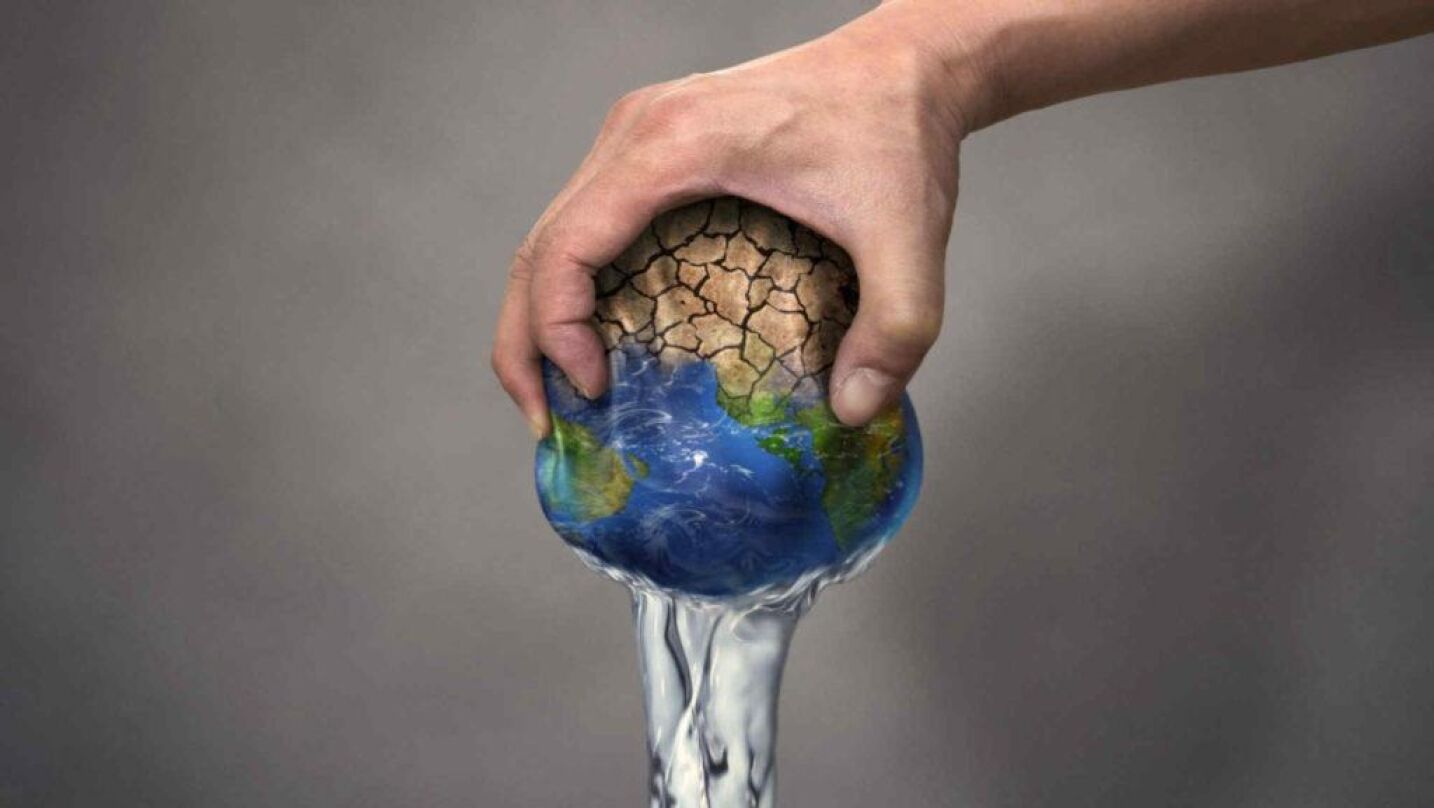In 2025, Italy reached its Overshoot Day on March 23: a wake-up call to rethink consumption, cities, and development models
Each year, Overshoot Day marks the date on which a country consumes all the natural resources that the Earth is able to regenerate over the course of twelve months. On March 23, Italy had already used up all the resources that its territory can generate in a year (Deficit Day).
This indicator, developed by the Global Footprint Network, exposes the contradictions of our development model. Humanity has been living “in debt” for years, and we would need 1.7 Earths to meet the needs of the global population. This figure reflects not only our individual habits but also the structural choices made at urban, energy, and production levels. This date therefore represents an opportunity to pause and reflect on the kind of future we want to build. Our cities, if reimagined through an ecological lens, can become part of the solution.
The availability of natural resources is not evenly distributed among countries. In nations such as Bangladesh, Israel, or Rwanda, each person has access to an average of about a quarter of a global hectare. In France, Austria, Ireland, and Chile, the average rises to around 3 global hectares per capita, while in Switzerland and Italy it hovers around one hectare per person. Global hectares are standardized units of measurement that reflect the average productivity of one hectare of land worldwide, taking into account differences between ecosystems and geographic areas. This indicator makes it possible to uniformly compare how many natural resources we consume (ecological footprint) and how many the Earth can regenerate (biocapacity).
One of the sectors that most contributes to this imbalance is urban construction and energy. Buildings consume large amounts of energy, often inefficiently, significantly contributing to greenhouse gas emissions. In this context, energy retrofitting of urban buildings is a strategic lever. Improving system efficiency, better insulating buildings, adopting renewable energy sources, and implementing smart energy management systems can drastically reduce consumption and cut emissions.
“Over 1 million species are threatened with extinction, 75% of terrestrial environments and 66% of marine environments have been significantly altered by humans, and climate change worsens year after year. The science is unequivocal: the environmental crisis must be tackled within this decade if we want to build a sustainable future,” says Eva Alessi, Sustainability Manager at WWF Italy. For Alessi, “exhausting a year’s worth of ecosystem resources is like spending more than you earn. The ecological footprint is the money you spend: every activity – eating, using energy, building, traveling – consumes natural resources, just like withdrawing from your bank account. Biocapacity is your annual salary: it represents the resources the Earth can regenerate in a year. If you spend less than you earn, you’re in balance. But if expenses exceed income, you go into deficit. The same applies to the planet: if we consume more resources than the Earth can regenerate, we’re tapping into future reserves, just like someone going into debt to cover excessive spending. It’s therefore up to us to change course and abandon consumption patterns that ignore the concept of limits.”
In this direction moves the effort of MUSA, which takes a systemic approach to addressing energy consumption in cities. Through targeted interventions in construction, mobility, and digitalization of urban services, MUSA aims to reduce greenhouse gas emissions and improve quality of life in urban centers, making them more resilient and sustainable. MUSA’s vision goes beyond technological innovation; it also promotes cultural change, involving institutions, businesses, and citizens in a journey toward more responsible practices.
Even at an individual level, it’s possible to contribute to change through more mindful daily choices: reducing meat consumption, using private cars less, limiting food waste, preferring local products, and renovating homes according to energy efficiency criteria. Every action, if shared, can generate a multiplying effect.





